In Iran, the 1980-1988 Iran-Iraq war is known as the Sacred Defense, and the Sacred Defense Week is held on the anniversary of the beginning of the war.
The Iraqi president, Saddam Hussein at the time, tore up the 1975 Algerian agreement by appearing in front of Iraqi television cameras, announcing the start of the Ba'athist regime's invasion of the Islamic Republic of Iran.
Seyyed Ruhollah Khomeini, as the leader and Commander-in-Chief of the Armed Forces of the Islamic Republic of Iran, was responsible for its strategic recognition and guidance. Among the actions of Seyyed Ruhollah Khomeini during the Iran-Iraq war were the mass mobilization and organization of the Iranian people and the armed forces, the development of the military organization, the establishment of coordination and cohesion between the armed forces, and the encouragement of war.
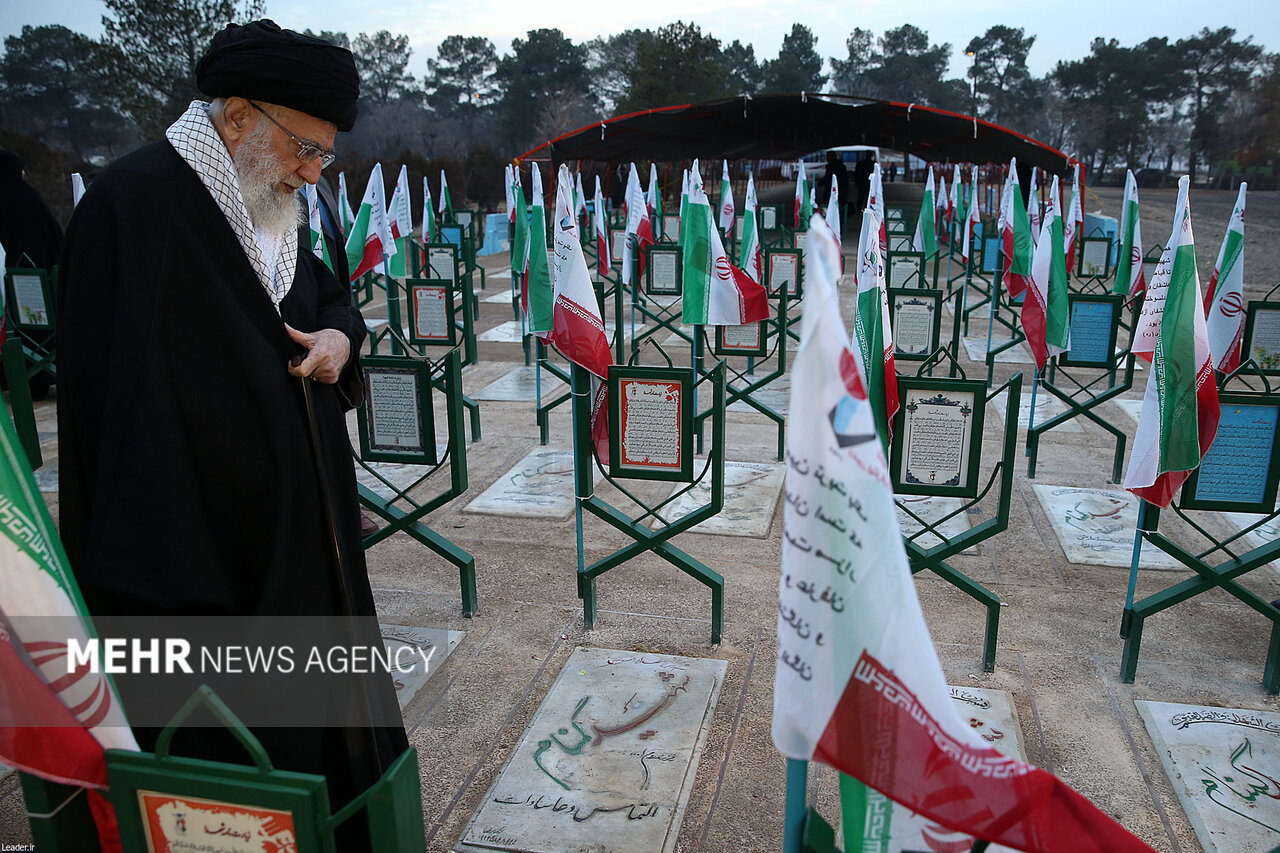
Coinciding with the 40th anniversary of the start of the Sacred Defense (Saddam's imposed war on Iran), the speech of Ayatollah Khamenei, the Leader of the Islamic Revolution, in a video conference with the participants of a ceremony honoring the veterans of the Holy Defense, was broadcast live on national TV channels.
In his speech, the Leader of the Islamic Revolution reiterated, “Despite the whole-hearted support that many countries in the world offered to the Ba’athist regime of Iraq, Iran was able to be victorious in the war.”
“The US and other powers started a war with the purpose of overthrowing the Islamic Republic, but they were defeated. Iran’s victory in this war is as clear as the existence of the sun. The whole world did whatever it could, but it failed to achieve its goal in the end. Is there any victory better than this?”, he further noted.
Ayatollah Khamenei stressed, “Since the beginning, our late Imam knew that the war between Iraq and Iran was not an ordinary war between two neighboring countries. He knew who the main enemy in the war was and realized that Saddam was a mere instrument. He always said that the US was worse than the Soviet Union, the Soviet Union worse than the US, and England worse than both of them. In other words, he had understood that these powers were the main elements working behind the scenes of the war.”
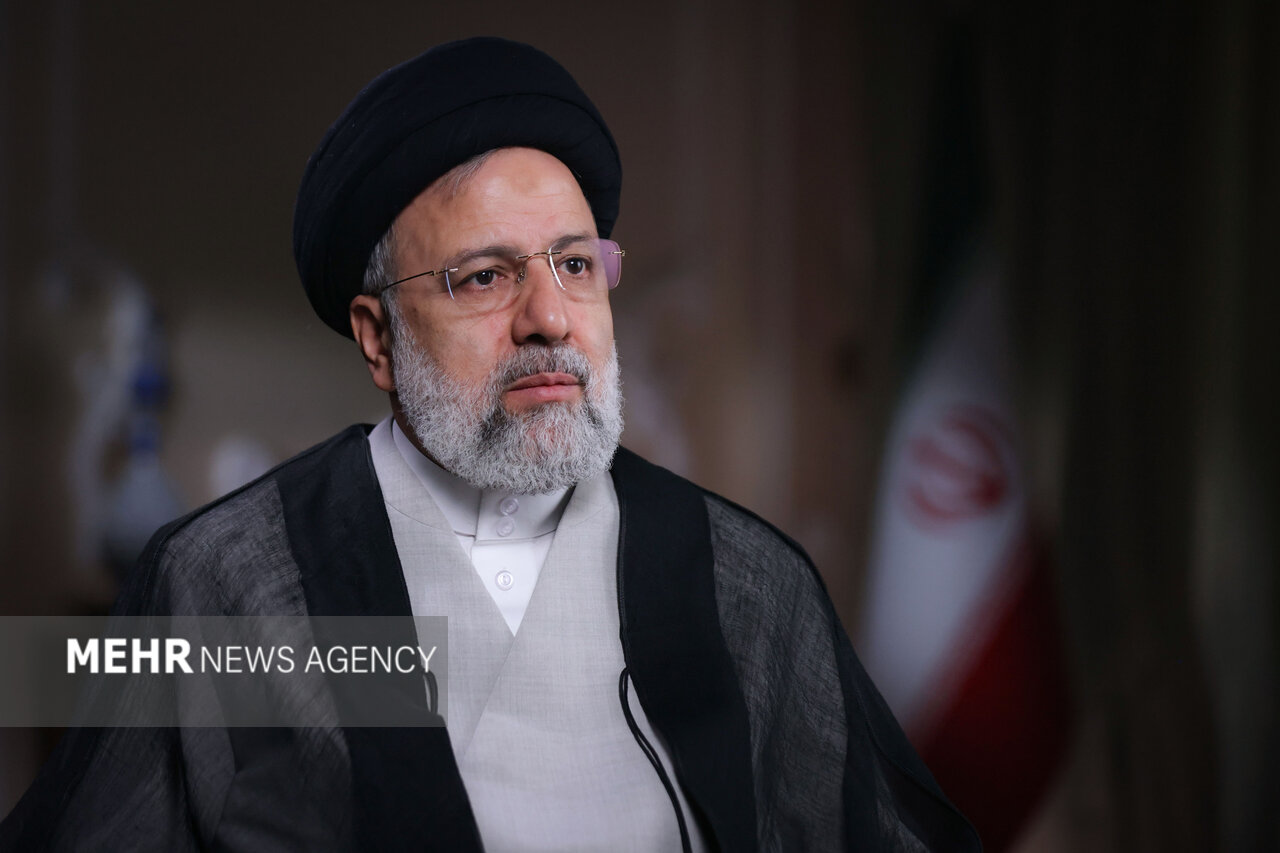
Speaking in a meeting with the members of the Sunni caucus of the Islamic Consultative Assembly, which was held on August 18, 2022, Iranian President Ebrahim Raeisi said, "The dedication of 11,000 Sunni martyrs during the Sacred Defence period shows that our Sunnis are pious and supporter of the Islamic Revolution, and we all have a duty and feel responsible for solving their concerns and problems".
President Raeisi said that removing deprivation from all parts of the country is the duty of the government and parliament, and said, "It does not matter where this deprivation is in the country and with what ethnic and religious composition. The Popular Administration does not like deprivation, and is working hard to implement justice and remove deprivation from all deprived areas of the country".
Referring to the issues raised by some representatives about the problem of unemployment and housing in some Sunni areas of the country, the President said, "Eliminating unemployment and creating employment is a priority for the government. In this regard, it is necessary that all our efforts should be focused on giving people hope for the country's valuable assets and exploiting them".
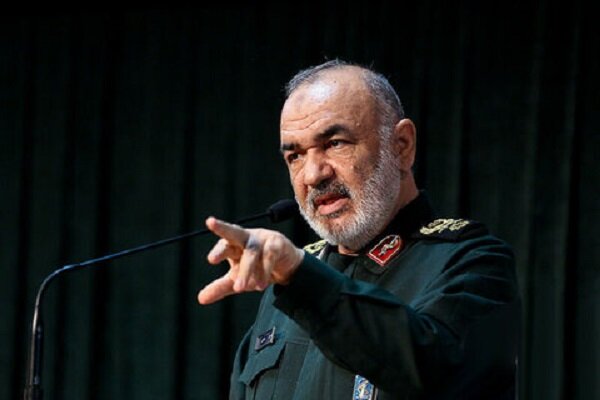
April 18, 2022, Commander-in-chief of Iran’s Islamic Revolutionary Guards Corps (IRGC) Major General Hossein Salami said that the Army’s power was the result of a long history of sacrifices made during the past 44 years to protect the country’s independence, territorial integrity and national interest, especially during the eight years of the Sacred Defense (a name to refer, in Iran, to Iraq’s eight years of imposed war under Saddam Hussein’s Ba’ath regime from 1980-1988).
According to General Salami, the great braveries made by the Iranian Army forces during the Iraqi-imposed war have been demonstrated in form of the Army’s initiatives, technological and advanced defensive and military capabilities as well as its smart deterrence against any threats.
The country has consequently managed to produce a wide array of hardware over the years, including its own tanks, armored personnel carriers, missiles, radars, boats, submarines, unmanned aerial vehicles, and fighter planes.
The Islamic Republic says its military power is solely for defensive purposes against enemy threats.
Iranian officials say four decades of all-out efforts by the US and its allies to overthrow the Islamic system of Iran have failed so far and will bear no fruit in the future, either.

On September 21, 2022, Chief of Staff of Iran's Armed Forces Major General Mohammad Bagheri underlined that future plans should be based on knowledge-oriented and striving innovations along with observing the spirit of the Sacred Defense era to resolve current challenges of the country.
As to the success of Iranians in turning woes into opportunities during the 8-year war, he said that one of the most important hardships was the efforts made by the Iranians to turn standstill and retreatment in the first months of the conflict into next victories in different operation, which ended up in the liberation of Khoramshahr city in Beit-ol-Moghaddas operation.
In today’s situation, paying attention to national capabilities and relying on huge assets of youths can pave the way for future triumphs just like what happened in Khorramshahr, the commander said.
He went on to say that the armed forces of the Islamic Republic will do all-out efforts in order to preserve the values of the Sacred Defense and that we believe that we are tasked with the improvement and maintenance of deterrent power, dignity, security, independence, freedom as well as the tranquility of the great nation of the country.
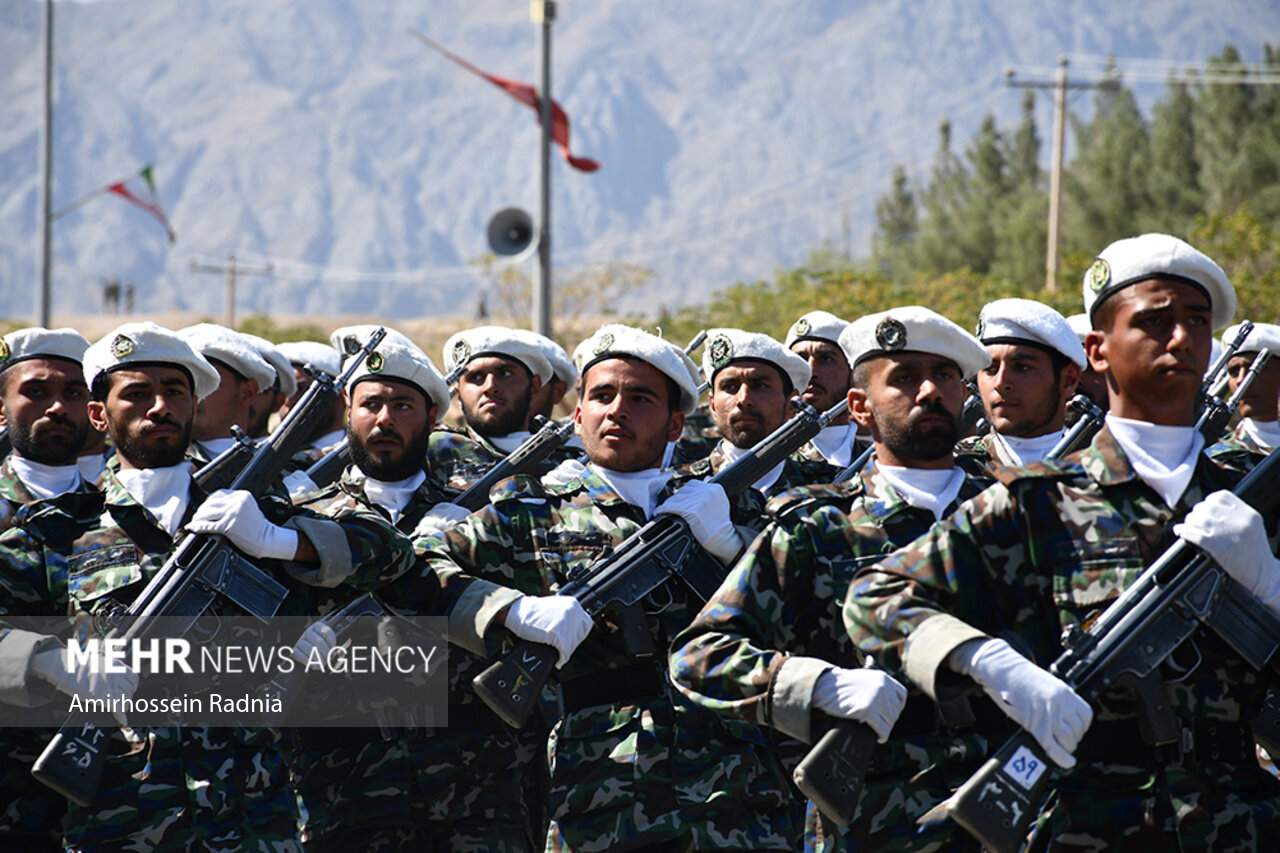
Every year, in late September, the Iranian Armed Forces attend parades to honor the Sacred Defense Week in remembrance of the martyrs in the eight-year Iraqi-imposed war.
Forces from the Iranian Army, the Islamic Revolution Guards Corps (IRGC), Police, Border Guards, and Basij participated in the parades held in the country’s capital city, Tehran, and 30 other provincial capitals, as well as in the waters of the Persian Gulf.
Reported by Amin Mohammadzadegan Khoyi


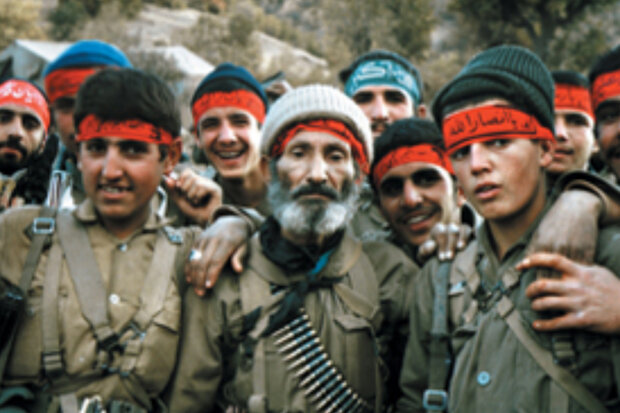






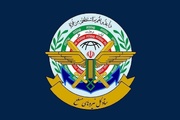
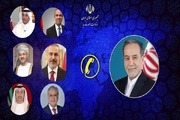

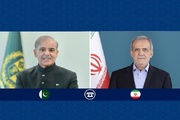


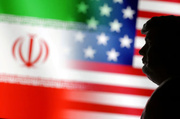
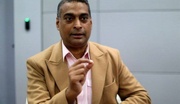








Your Comment